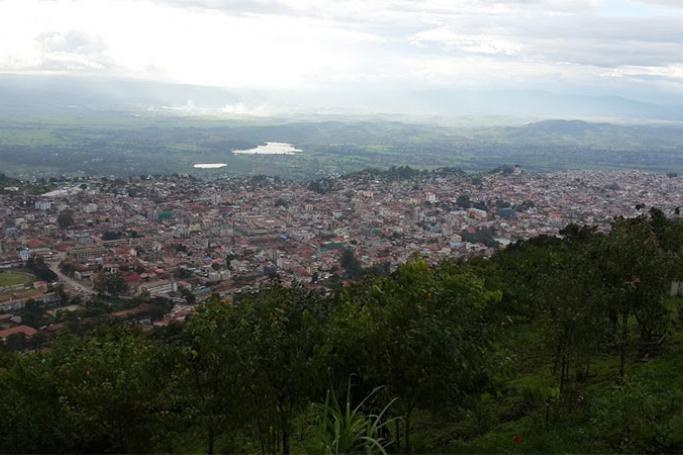Some 130 farmers in Shan State capital Taunggyi, who claimed their lands were seized by the Myanmar armed forces, are now in turn being sued by the military, according to local sources.
The farmers are all from Yepu village in the Kunlong tract of Taunggyi Township. They were brought to trial on July 25 and charged with criminal trespassing under Article 447 of Myanmar’s Penal Code.
According to Myo Aung, a Yepu villager who claims his land was confiscated, more than 4,000 acres of farmland was confiscated from the local farmers by the Myanmar military in 2004.
“Our farmlands were seized by the military’s eastern command in 2004 in order to grow jatropha,” he said. “In 2010, they allowed us to cultivate the land again, but we had to pay them 10,000 kyat per acre.”
Myo Aung added that in 2015, the villagers were ordered to stop growing on the land because it belonged to the military.
“They ordered us to stop cultivation, but then they rented the land to another company,” said Maw MawOo, a local woman who is among those being charged with criminal trespassing. “Some parts of the land were also sold.
“We are the rightful landowners, but we cannot grow anything on our land,” she exclaimed. “And now we are being sued because we dared to grow crops on our own property.”
She added: “Almost everyone in the village is being sued.”
In May 2015, a Yepu villager named Myint Aung burnt himself to death in frustration at the land grab.
Yepu residents said that they have endured great difficulties due to the loss of land, and they have collectively called for the Shan State chief minister to intervene in the case.
During the decades of rule by Myanmar’s military junta, arbitrary land confiscation was a common complaint across the country. By the 2000s, much of the seized land had been rented out to agri-business firms, and a massive government campaign was initiated to encourage investment in the harvesting of jatropha oil. Ultimately, the scheme failed: investors lost great sums of money, while farmers lost land and livelihoods.
Courtesy BNI
You are viewing the old site.
Please update your bookmark to https://eng.mizzima.com.
Mizzima Weekly Magazine Issue...
14 December 2023
Spring Revolution Daily News f...
13 December 2023
New UK Burma sanctions welcome...
13 December 2023
Spring Revolution Daily News f...
12 December 2023
Spring Revolution Daily News f...
11 December 2023
Spring Revolution Daily News f...
08 December 2023
Spring Revolution Daily News f...
07 December 2023
Diaspora journalists increasin...
07 December 2023
Village in Myeik District on Myanmar-Thailand border blocked from voting












